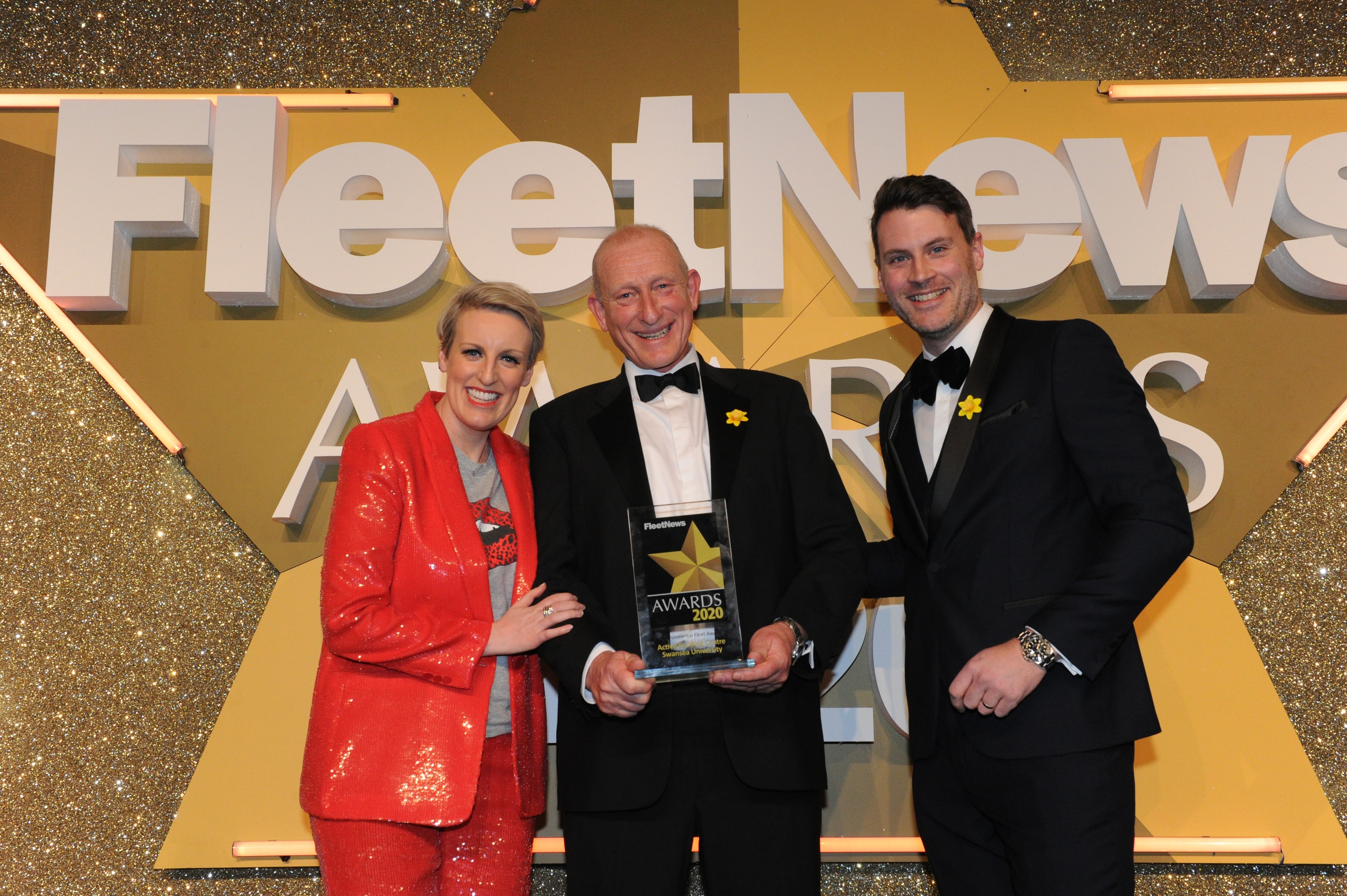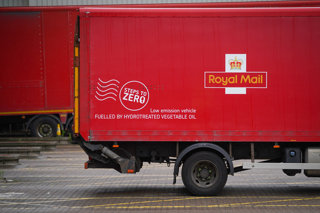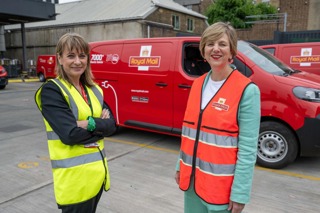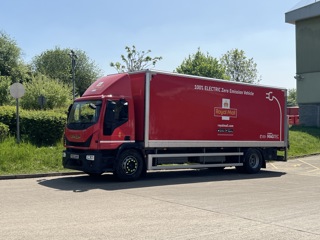
Active Building Centre – Swansea University’s commitment to an environmentally-friendly fleet stretches far beyond just using electric vehicles (EVs).
Its EV journey began in 2012 with the installation of a single charge point: today 70% of its fleet is electric, with 26 EVs from six manufacturers and 20 charging points.
These vehicles are integrated into the organisation’s Active Buildings that generate energy through solar panels to help decarbonise heat and transport.
These buildings generate enough energy to be grid-neutral over a year, provide energy to neighbouring buildings during the evening peak and provide the organisation’s EVs with 24,000 miles of energy annually.
Mirroring the advance in EV technology in recent years, Active Building Centre’s use of the vehicles has also developed significantly.
In 2018, the annual mileage of its typical EV was 3,500 to 5,000: in 2019 it was 15,000 to 20,000.
The adoption of longer-range EVs has enabled Active Building Centre – Swansea University to reduce its use of hire cars, instead using its own EVs which has lowered fleet emissions.
When it does use rental, it specifies low emission vehicles.
The organisation has also introduced a number of other initiatives to reduce the environmental impact of moving people around.
It has introduced emission-based, incentivised parking permits to encourage adoption of low-emission vehicles by staff.
It operates car share and lift share schemes, while it actively discourages grey fleet use by offering staff the use of electric pool cars.
Electric bikes are also available for employee use, while Active Building Centre – Swansea University has collaborated with local transport companies to introduce award-winning public transport schemes to encourage people out of their cars.
The Active Building Centre was also the main driver behind a successful bid for a Santander cycle hire scheme to be introduced in the city.
Finalists: Active Building Centre - Swansea University, Defra Group Fleet Services, Nottingham City Council, Royal Mail, University of Birmingham


















Login to comment
Comments
No comments have been made yet.